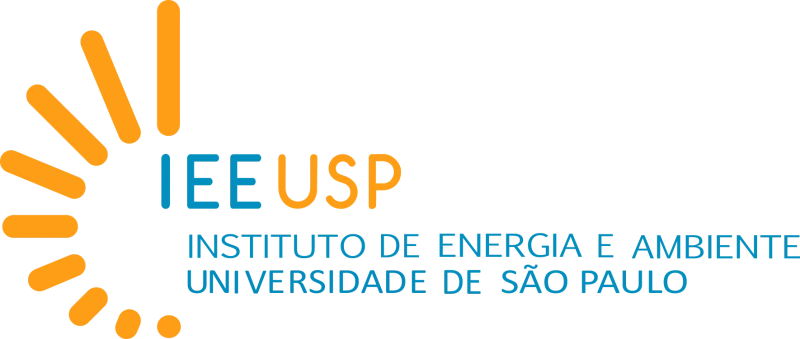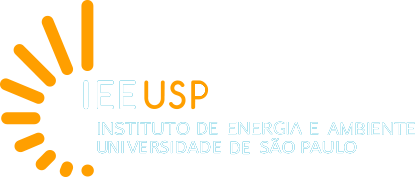
Palestra SCIENCE, UNIVERSITY, RESEARCH AND ACADEMIC RANKINGS
16 maio-14:00 - 15:30
Palestra: Science, University, Research and Academic Rankings
com o Prof. Dr. Levent, Sevgi, IEEE
16 maio 2025
14h00 às 15h30
Sala de aula T001 do IEE/USP – Av. Prof. Luciano Gualberto, 1.289 – Cidade Universitária, São Paulo
Inscrições prévias por email – comunicacao@iee.usp.br enviando nome/email/instituição
A palestra será proferida em inglês sem tradução. As vagas são limitadas!!
Este evento conta com o apoio do Capítulo de Compatibilidade Eletromagnética do IEEE Região Sul Brasil
Summary
This presentation aims to discuss science, university, research, and academic rankings. First, the definition of science will be given, and characteristics and features will be outlined. Second, a flow chart of the scientific method will be drawn. The process of why science and technology ask, respectively, the questions “Why” and “How” will be presented. Third, the definition of university will be given with the earliest institutes. The reasons why Bologna and Sorbonne (Paris) Universities are assumed as the first universities will be explained. The three fundamental tasks of a university, Education, Research, and Societal Responsibility, will be summarized. Finally, well-known worldwide academic ranking centers and their methodologies will be given, and university rankings will be listed.
Prof. Dr. Levent Sevgi is a Fellow of the IEEE (since 2009) and the recipient of the IEEE APS Chen-To Tai Distinguished Educator Award (2021). He was with Istanbul Technical University (1991–1998), TUBITAK-MRC, Information Technologies Research Institute (1999–2000), Weber Research Institute / NY Polytechnic University (1988–1990), Scientific Research Group of Raytheon Systems Canada (1998 – 1999), Center for Defense Studies, ITUV-SAM (1993 –1998 and 2000–2002) and with University of Massachusetts, Lowell (UML) MA/USA as a full-time faculty (2012 – 2013), DOGUS University (2001-2014), Istanbul OKAN (2014 – 2021), and ATLAS (2022-2024) Universities.
He served four years (2020-2023) as an IEEE AP-S Distinguished Lecturer. Since Jan 2024 he has been the chair of the IEEE AP-S DL Committee. He served one term in the IEEE AP-S AdCom (2013-2015) and one term as a member of the IEEE AP-S Field Award Committee (2018-2019). He had been the writer/editor of the “Testing ourselves” Column in the IEEE AP Magazine (2007-2021) and a member of the IEEE AP-S Education Committee (2006-2021). He also served on several editorial boards (EB) of other prestigious journals/magazines, such as the IEEE AP Magazine (2007-2021), Wiley’s International Journal of RFMiCAE (2002-2018), and the IEEE Access (2017-2019 and 2020 – 2022). He is the founding chair of the EMC TURKIYE International Conferences (www.emcturkiye.org).
He has been involved with complex electromagnetic problems for nearly four decades. His research study has focused on electromagnetic radiation, propagation, scattering, and diffraction; RCS prediction and reduction; EMC/EMI modeling, simulation, tests and measurements; multi-sensor integrated wide area surveillance systems; surface wave HF radars; analytical and numerical methods in electromagnetics; FDTD, TLM, FEM, SSPE, and MoM techniques and their applications; bio-electromagnetics. He is also interested in novel approaches in engineering education, teaching electromagnetics via virtual tools. He also teaches popular science lectures such as Science, Technology and Society.
He has published many books/book chapters in English and Turkish, over 180 journal/magazine papers/tutorials, and attended more than 100 international conferences/symposiums. His three books, Complex Electromagnetic Problems and Numerical Simulation Approaches, Electromagnetic Modeling and Simulation, and Radiowave Propagation and Parabolic Equation Modeling, were published by the IEEE Press – WILEY in 2003, 2014, and 2017, respectively. His fourth and fifth books, A Practical Guide to EMC Engineering (Sep 2017) and Diffraction Modeling and Simulation with MATLAB (Feb 2021) were published by ARTECH HOUSE.
His h-index is 38, with a record of 5200+ citations (source: Google Scholar, Feb 2025).

